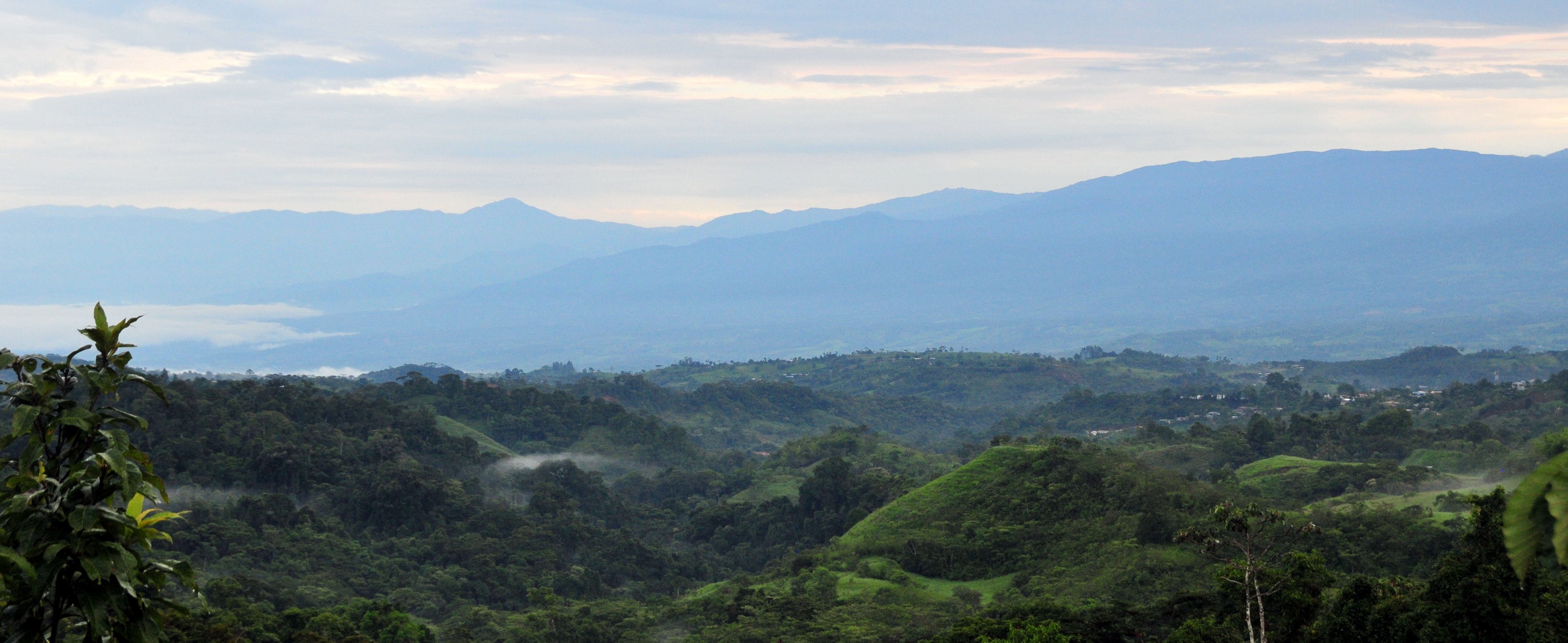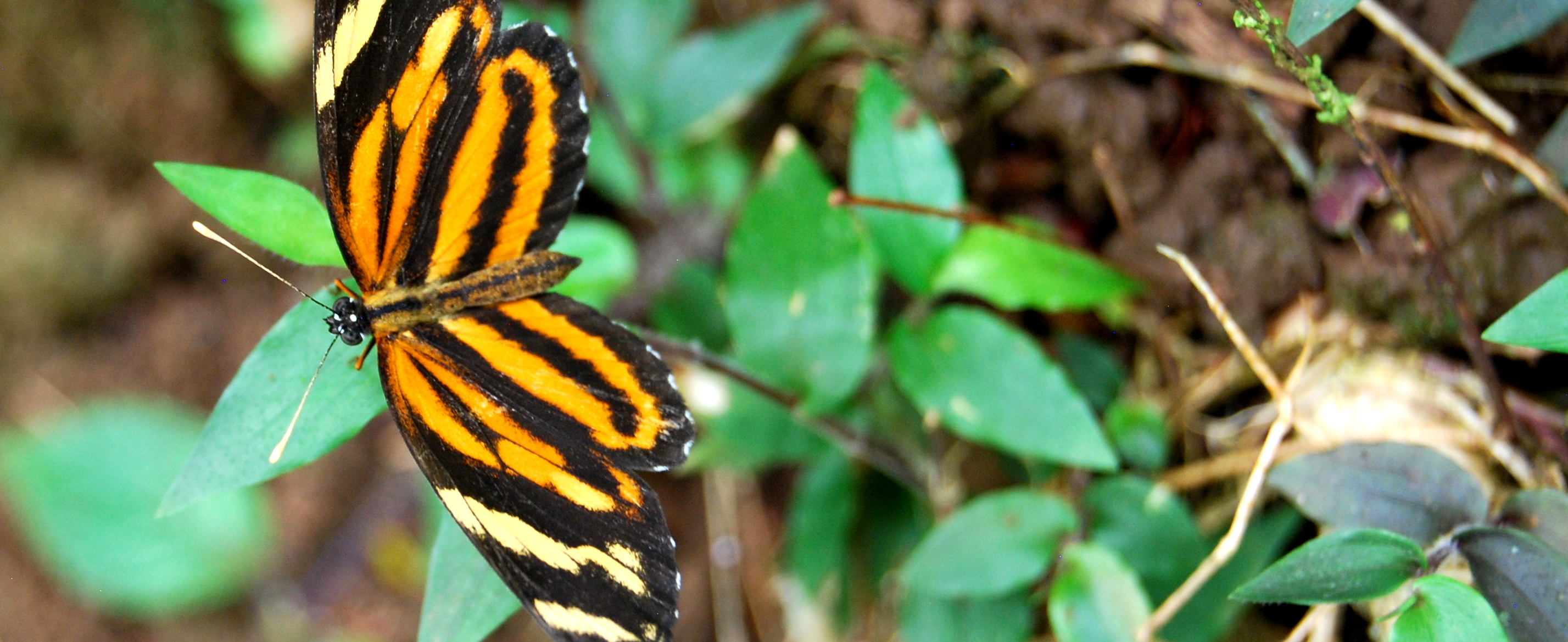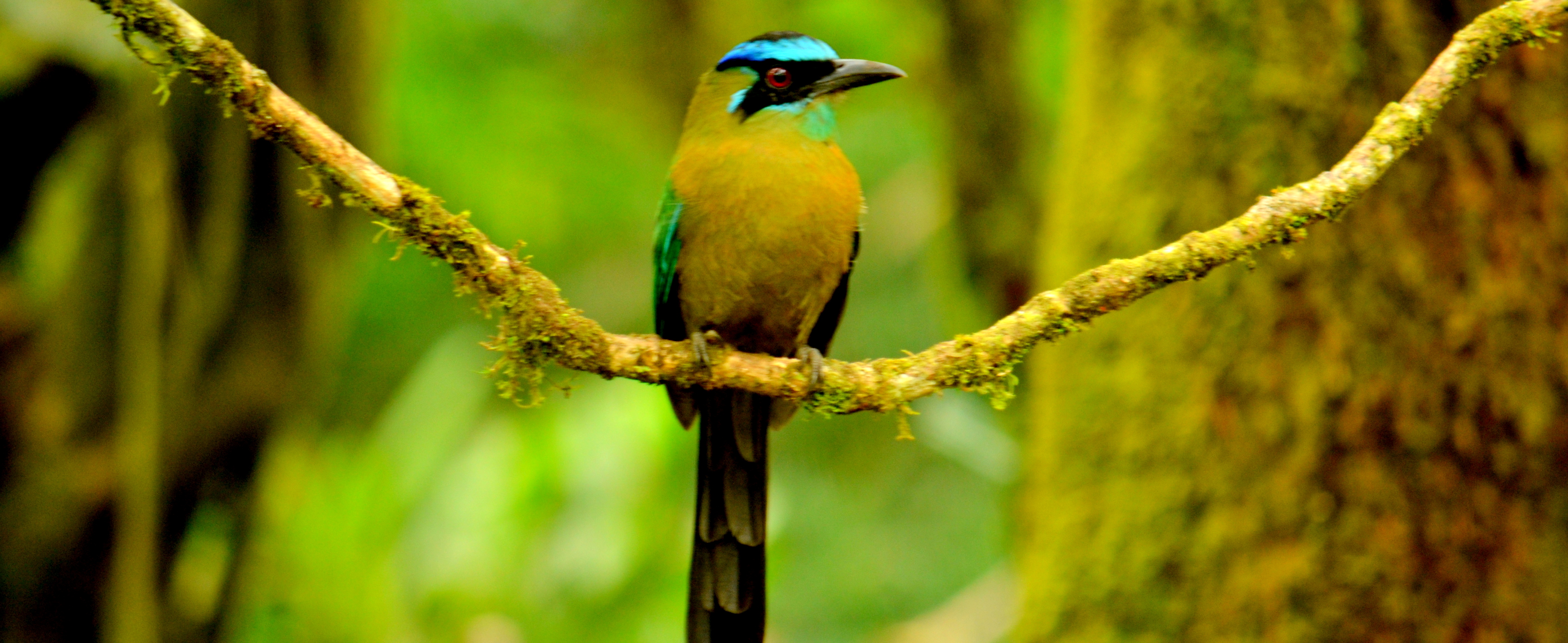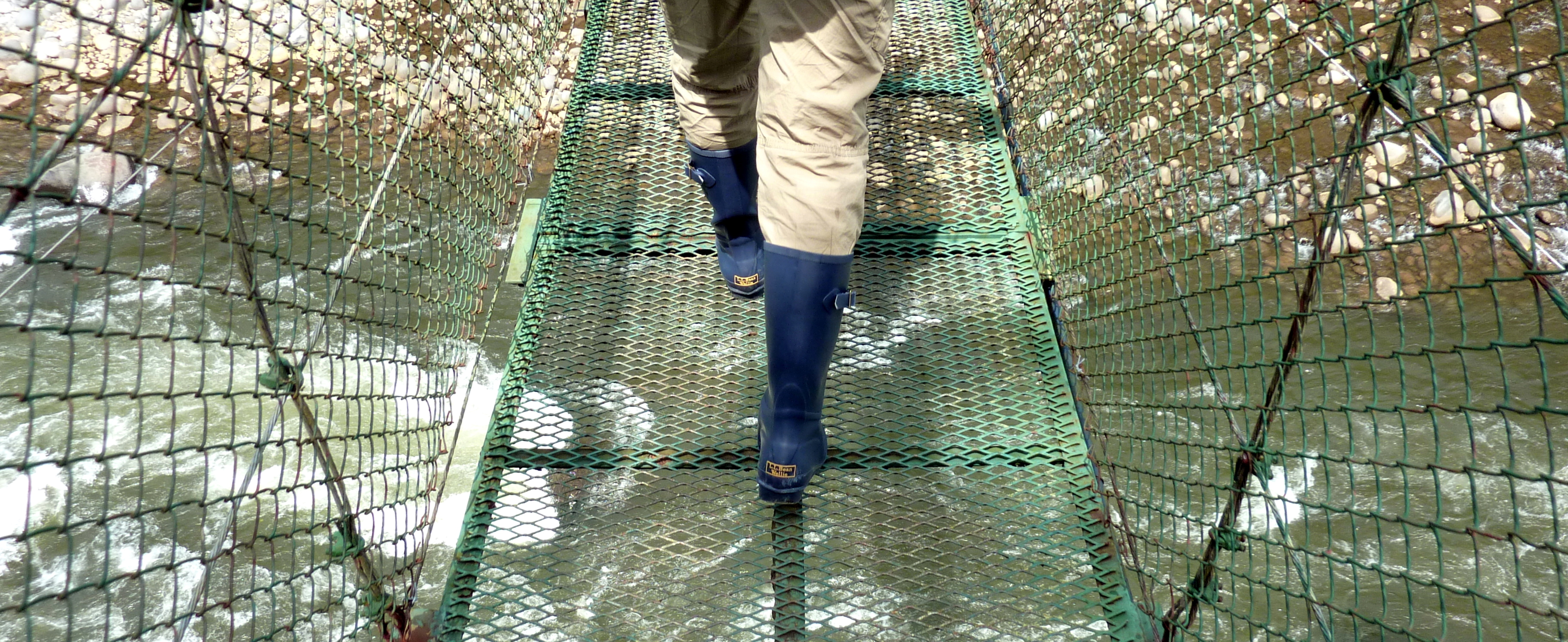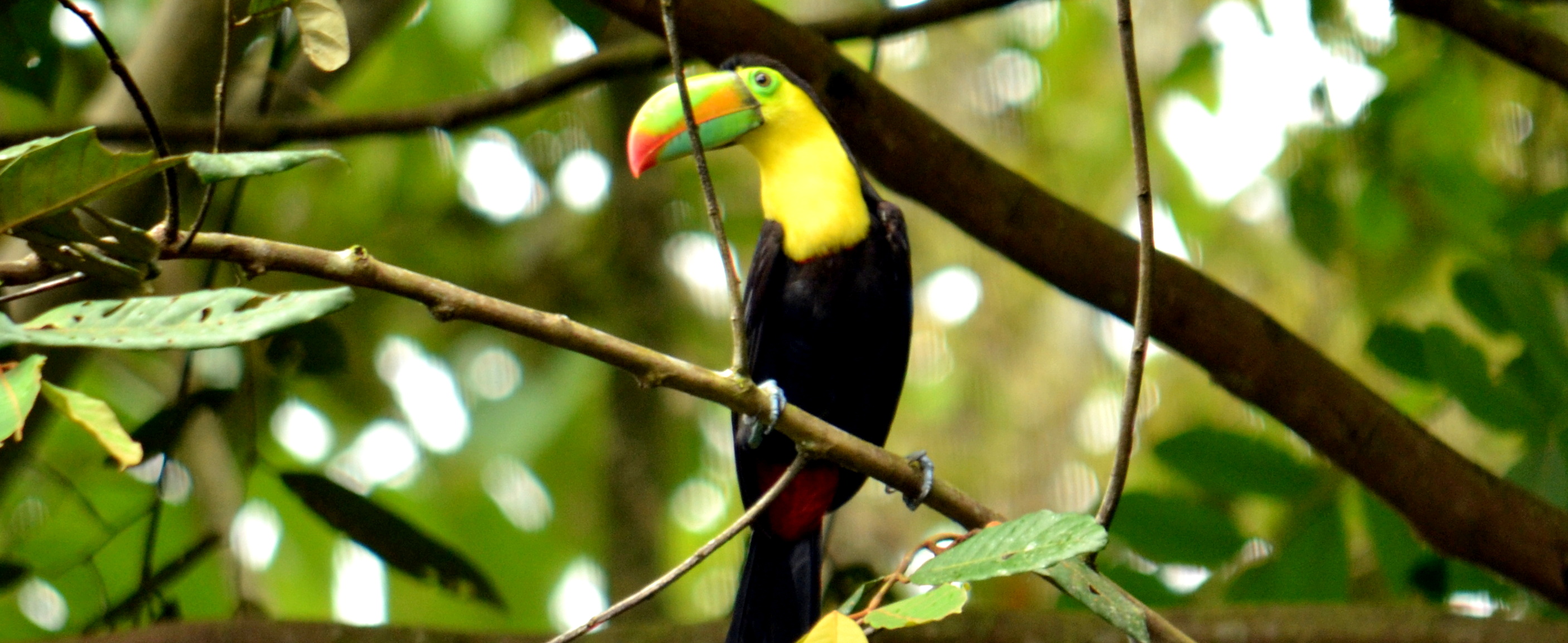Let the Learning Begin
Hang on – Your scientific skills are about to increase dramatically!
Earn College Credit
Field Study Highlights
- Work side-by-side with scientists and fellow students on a research project that you design in one of the most biologically diverse environments on the planet.
- Observe the abundant Costa Rican wildlife in the unique cloud forest, tropical rainforest, and volcano ecosystems.
- Study alongside current researchers at La Selva Biological Station, a world-famous research station in the heart of the rainforest.
- Build your field investigation skills as you design, conduct, and evaluate group and individual experiments.
- Spend a day in the famous Monteverde Cloudforest Reserve as you investigate the impact of ecotourism on our planet.
- Gain first hand experience with the content you learned in textbooks as you explore: camouflage, mimicry, and adaptation; biodiversity; rainforest conservation; sustainable development, and more.
- Zip from tree-to-tree on a canopy tour of the rainforest.
- Taste and learn your way through the ancient currency of chocolate and its impact on history during a chocolate tour at Tirimbina Biological Reserve.
- Learn about geochemistry from a professional volcanologist as you hike Poás Volcano National Park.
Field Study Format
Focus Topics
Ecology is the branch of biology that studies the relations of organisms to one another and to their physical surroundings. This course will focus specifically on the ecology of tropical, premontane, and cloud forest.
Herpetology is the branch of zoology concerned with reptiles, amphibians, turtles, and crocodilians. Herpetologists seek to understand how these creatures function physiologically, behaviorally, and how they relate to their natural environment.
Ornithology is the branch of zoology concerned with birds. Ornithologists seek to understand how birds function physiologically, behaviorally, and how they relate to their natural environment.
Ecology Techniques Covered
- Quadrats
- Cover Boards
- Audio Strip Transects
- Acoustic Monitoring
- Visual Expection Surveys (VES)
- Drift Fences (Pitfall Traps, Funnel Traps)
Ornithology Techniques
Field Study Projects
Team Research Project: The capstone of this course is the team research projects. Students will collaborate in small teams to take the scientific method from start to finish, applying the knowledge they have gained throughout the course. Each team will design a research project, devise and conduct the corresponding experiments, analyze their results, and report their findings in a presentation and group writing. Instructors will be available for project brainstorming, experiment supervision, and guidance on data analysis and presentations.
Research Presentation: Research teams will present their project to the class using Powerpoint or Prezi.
Research Write-Up: Research teams will also communicate their projects in the form of an informal research report, formatted for a primary literature article. Research teams will collaborate on data presentation (graphs, charts), written methods section, written results section, and written abstract. Introduction, discussion, and references will be written by each individual.
Digital Media Projects
In today’s media-based world, content is increasingly consumed and communicated through blogs, podcasts, and social media. Students will practice using these tools to communicate science to the general public.
Field Study Blog: Students are asked to contribute with a minimum of one written blog post for the class blog. The topic is of the student’s choosing. For example, the post can be personally reflective in nature, such as thoughts on their experience in Costa Rica, or more objective, such as an elaboration on something the student has learned during the course.
Podcast: Students will work in pairs or groups of three to produce a brief 3-5 minute podcast which will be uploaded to our course website. Students are to cover their experience in Costa Rica, the amazing sights they have witnessed and interesting information they have learned. Students can choose to format the podcast as an interview, a radio broadcast, or a general discussion.
